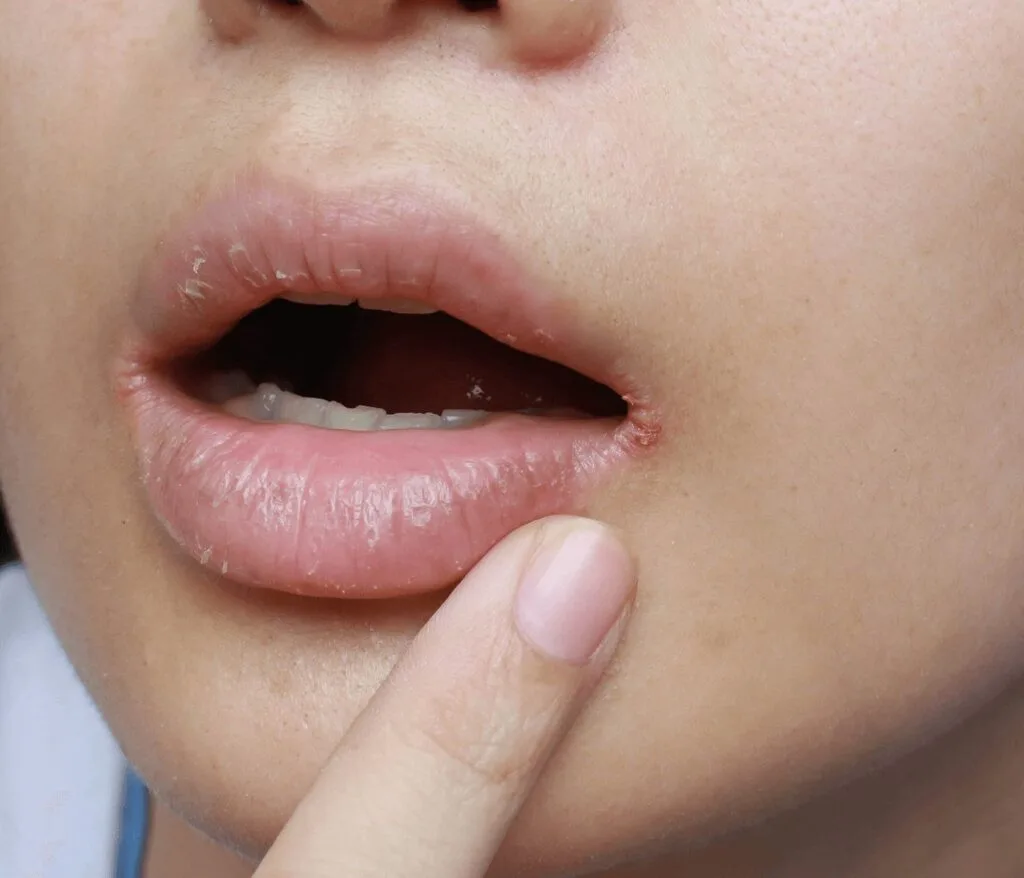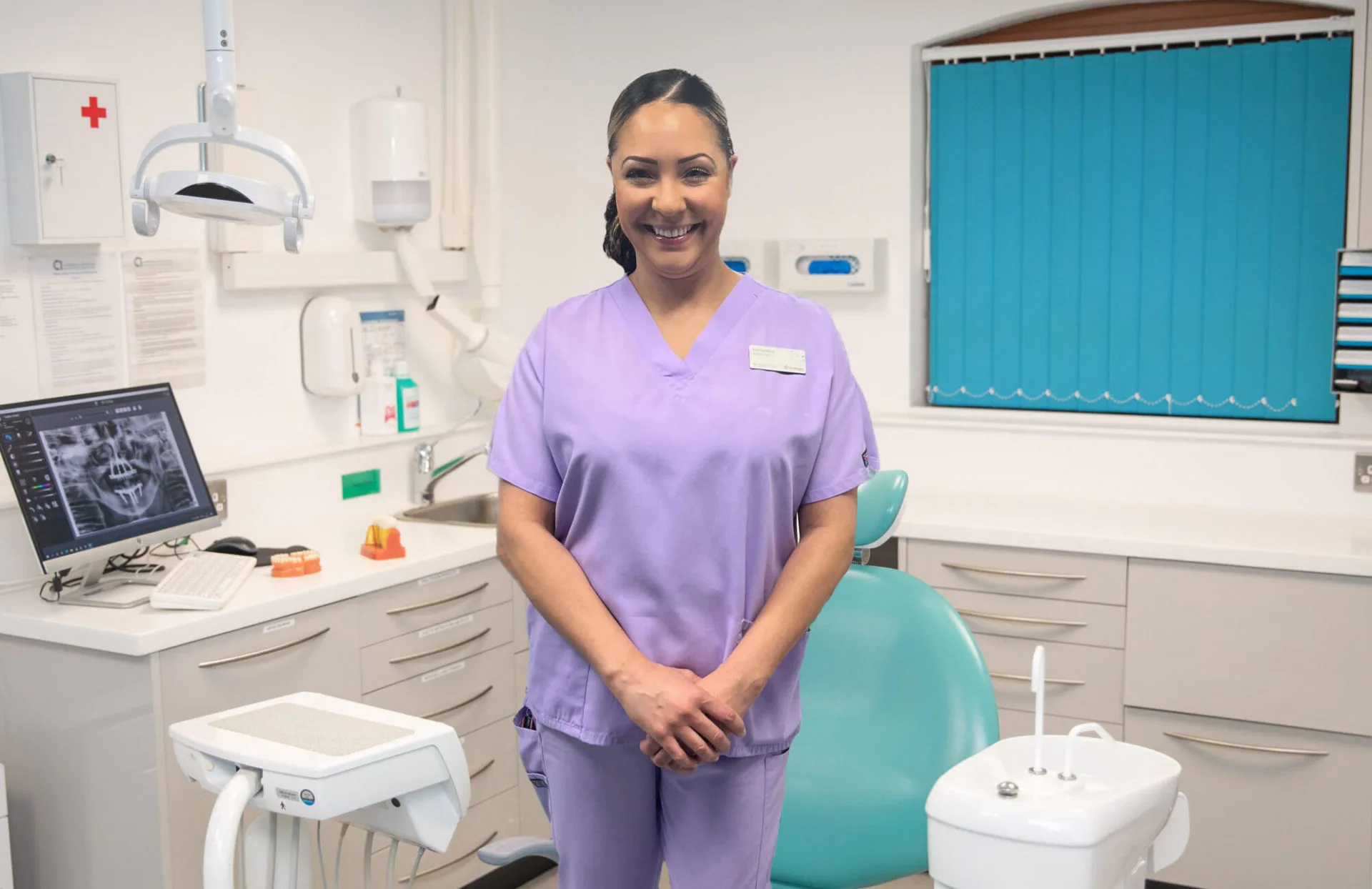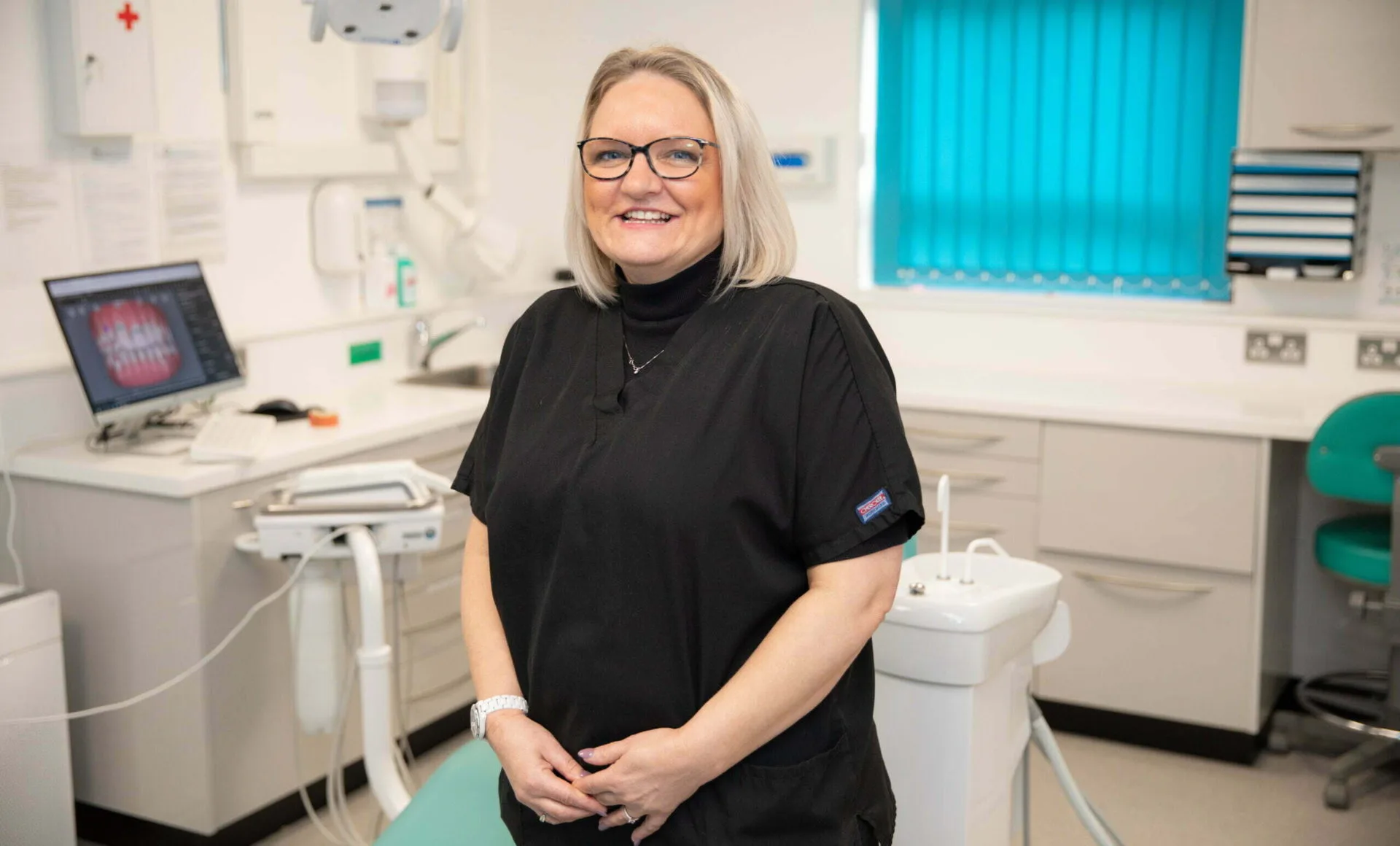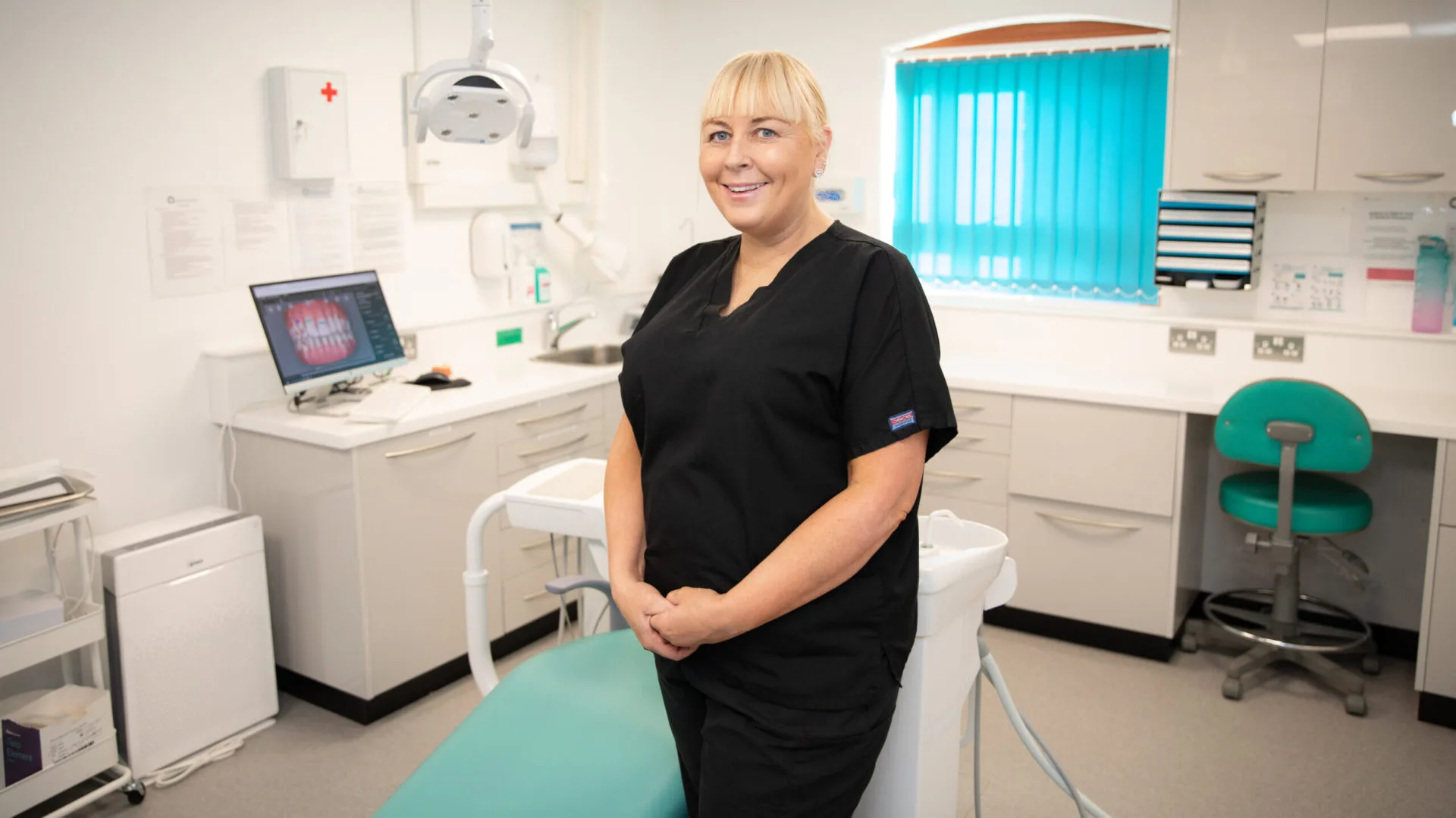
Have you ever woken up with painful, red patches in the corners of your mouth? It’s not just about chapped lips; you could be dealing with angular cheilitis, also known as angular stomatitis. This condition isn’t just uncomfortable—it can be a real smile dampener. Let’s break down what causes it, the tell-tale symptoms, and how you can treat it.
- What Causes Angular Cheilitis?
- What Are The Symptoms of Angular Cheilitis?
- How Can You Treat Angular Cheilitis?
- Lifestyle Tips and Preventive Measures
What Causes Angular Cheilitis?
Angular cheilitis primarily stems from a fungal infection caused by yeast, often Candida yeast, but sometimes, a bacterial infection can be the cause. These infections thrive in the moist environment at the corners of your mouth, especially if you’re in the habit of licking your lips.
But it’s not just about infections. This irritating condition can also come from nutritional deficiencies like a lack of iron, B vitamins, or zinc. If you wear ill-fitting dentures, they can contribute to the problem by harbouring bacteria and fungus or by causing saliva to pool around the mouth. Other health conditions, such as inflammatory bowel disease, immune deficiency, or diabetes, can increase your risk, making you more susceptible.
What Are The Symptoms of Angular Cheilitis?
The most obvious signs of angular cheilitis include red, swollen, and cracked skin at the corners of the mouth. It can feel itchy or painful, and in severe cases, might bleed or become crusty. The discomfort can be even more extreme if the affected area feels unusually sensitive, especially if you already have sensitive skin or other inflammatory skin conditions like atopic dermatitis.
How Can You Treat Angular Cheilitis?
A big part of treating angular cheilitis effectively involves figuring out the underlying cause. If it’s a yeast-driven issue, antifungal cream is usually prescribed to combat the overgrowth. For bacterial infections, a topical antibiotic might be necessary.
But what if your angular cheilitis is due to nutritional deficiencies? The fix might involve dietary adjustments or supplements to tackle any vitamin or mineral deficiencies, such as iron or zinc deficiency.
No matter the cause, maintaining excellent oral hygiene is incredibly important. For denture wearers, this means ensuring top-notch denture hygiene to prevent the buildup of harmful microbes.
Protecting the lips and corners of your mouth with petroleum jelly can help create a barrier against irritants and pathogens, allowing the inflamed skin to heal while lowering the risk of infection.
Lifestyle Tips and Preventive Measures
Preventing angular cheilitis can include a holistic approach. First, manage any existing medical conditions that might increase your risk. Keep your immune system robust by eating well, staying hydrated, and getting enough rest. For those with health conditions that predispose them to infections, such as diabetes, controlling your blood sugar is key.
If you’re prone to skin allergies, be mindful of what touches your lips. Opt for hypoallergenic products and avoid irritants that could trigger a flare-up. And, although it might be tempting to lick dry or cracked skin on your lips, try to break that habit since it only worsens the condition.
Lastly, don’t underestimate the impact of environmental factors. Harsh weather can take a toll, so protect your lips as you would the rest of your skin, especially in cold or windy conditions.
Improve Your Oral Health With Aesthetique
Angular cheilitis can be a pesky problem, but with the right knowledge and care, you can keep it at bay and continue smiling brightly.
If you’re worried your angular cheilitis is stemming from, or being made worse by, oral health issues, give our team a call today. As one of the top private dentists in Leeds, we are trusted by patients to help them with a full range of dental and oral health needs.
Don’t let angular cheilitis stop you from enjoying your smile – book your consultation today.



















